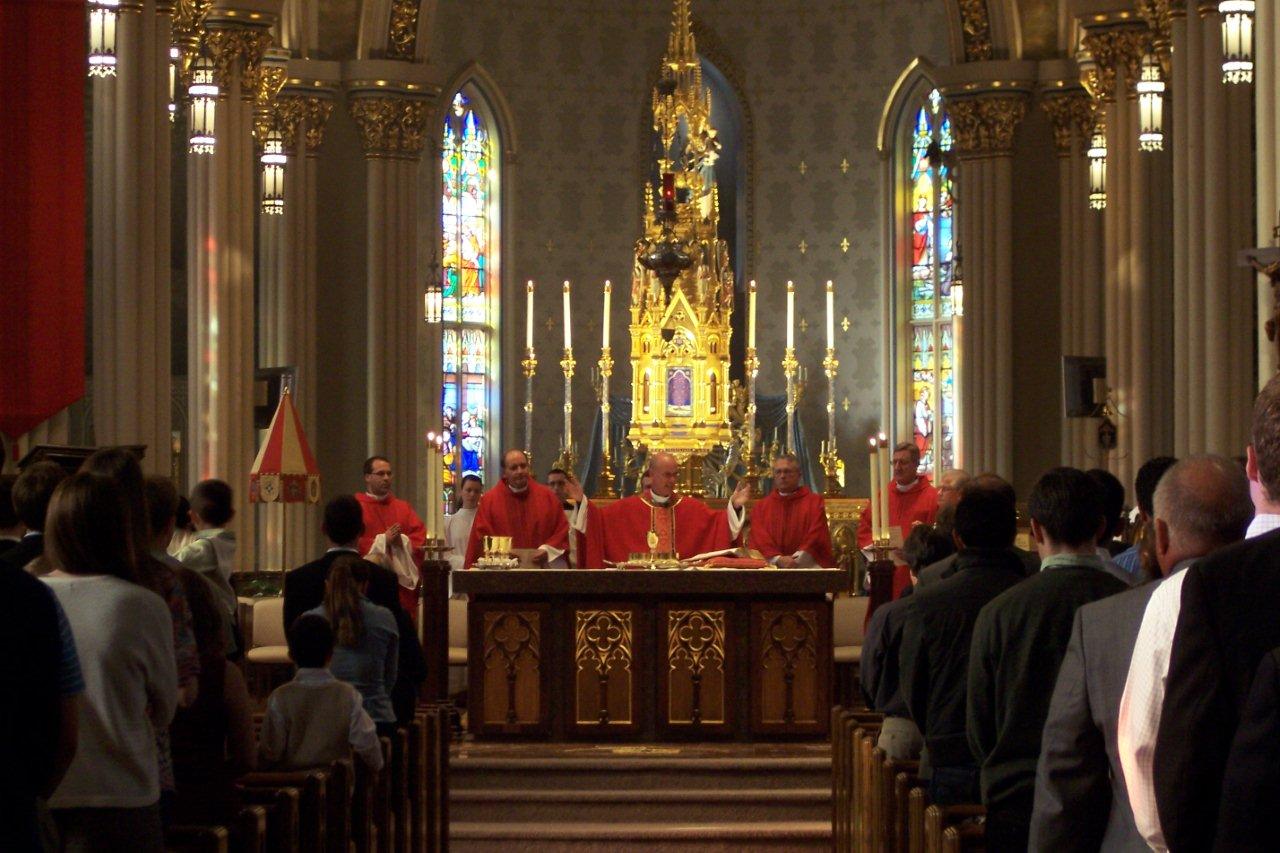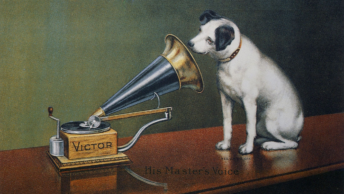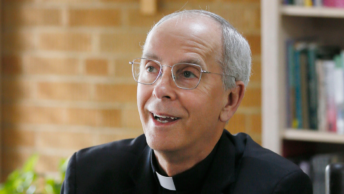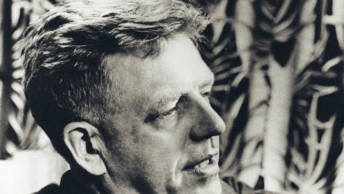I would like to talk about the parts of the Mass and how we may better deepen our spirituality and participation when we attend the Eucharistic celebration.
There are several terms that are used when referring to the Mass: Divine Liturgy, Mass, and the Sacred Synaxis. The word “liturgy” comes from an ancient Greek term which meant “a work undertaken on behalf of the people.” So the Divine Liturgy is meant to be participative. We not only watch what is going on, we participate in the action itself. “Mass” comes from the Latin word “missa” which originally meant “mission.” At the end of the Mass, the Deacon or Priest says “ite missa est” [“go, the Mass is (ended)”]. The word “synaxis” comes from the Greek and literally means “an assembly.” So we are gathered as a sacred assembly to praise and worship God.
There are two main parts of the Mass: the Liturgy of the Word and the Liturgy of the Eucharist. One is not “more important” than the other; both are needed for a valid celebration of the Mass. The liturgy of the Word leads us to celebrate more deeply the liturgy of the Eucharist, while the liturgy of the Eucharist invites us to contemplate more intently the words of Sacred Scripture. As Roman Catholics, Word and Sacrament go hand in hand and together they invite us to deepen our relationship with the Triune God and one another.
Prior to the liturgy of the Word are the Introductory Rites which help put us into the proper frame of mind. The Gathering Hymn (or in some cases the Introit) helps us to focus our minds on what is going to take place. The Sign of the Cross reminds us of our baptism and how we are called into relationship with God and with each other. The Confiteor (“I Confess”) and the Kyrie (“Lord, have mercy”) invites us to recall our sinfulness and ask God’s mercy and forgiveness. When we participate in Mass and truly ask for God’s forgiveness, our venial sins are forgiven. However, if we are conscious of any mortal sins, we may attend the Mass but should not receive Holy Communion until those mortal sins have been forgiven within the context of the Sacrament of Penance. Outside of Advent and Lent, we sing the Gloria a hymn of praise to God. It is our opportunity to give thanks to God for all of the blessing we have received and will continue to receive. Finally, all of our prayers are “collected” in the Collect (or Opening Prayer) which sets the tone for the celebration of this particular Mass.
After the Introductory Rites, we listen to the readings. On Sundays, we hear three readings: one from the Old Testament (Hebrew Scriptures), one from the New Testament (Christian Scriptures), and one from the Gospel. On weekdays, we hear two readings: one non-Gospel reading and one from the Gospels. These Sunday readings are on a three year cycle. In 2013, we will hear the Gospel according to St. Luke. (Although on occasion, the cycle is broken and we will hear from one of the other Gospel writers.) Following the Gospel, the priest or deacon preaches a homily based on the readings, although he may choose to preach on the theme of the day or the saint of the day or in some cases on a topic related to theology, but not necessarily based upon the scriptures that were just read. I taught homiletics for a number of years and reminded my students that if they stuck with the scriptures they wouldn’t go wrong. Also, I pleaded with them not to preach more than 10- 15 minutes and shorter is better than longer.
After the homily is when many sacraments may be performed: the rituals of baptism, marriage, ordination, and anointing of the sick all take place following the homily. In those instances where there is no ritual, the assembly professes their faith on Sundays and Holy Days. Following the profession, we offer to God all of our prayers and petitions. The “Universal Prayer” as it is called should have at least the following four kinds of petitions: for the needs of the Church, for public authorities and the salvation of the world, for those burdened by any kind of difficulty, and for the local community. Other petitions may be included as well. The Prayers of the Faithful conclude the Liturgy of the Word.
As you celebrate the Liturgy and participate fully, actively and consciously in the Mass, I encourage you to immerse yourselves more deeply into the Word of God: Meditate on the words of sacred scripture; listen to the homily; pray for the needs of the entire world. Allow yourselves to be open to the Holy Spirit so that you may better reflect Christ to the world. Through our participation in the Mass, may each of us become more closely configured to Christ and his Church.








